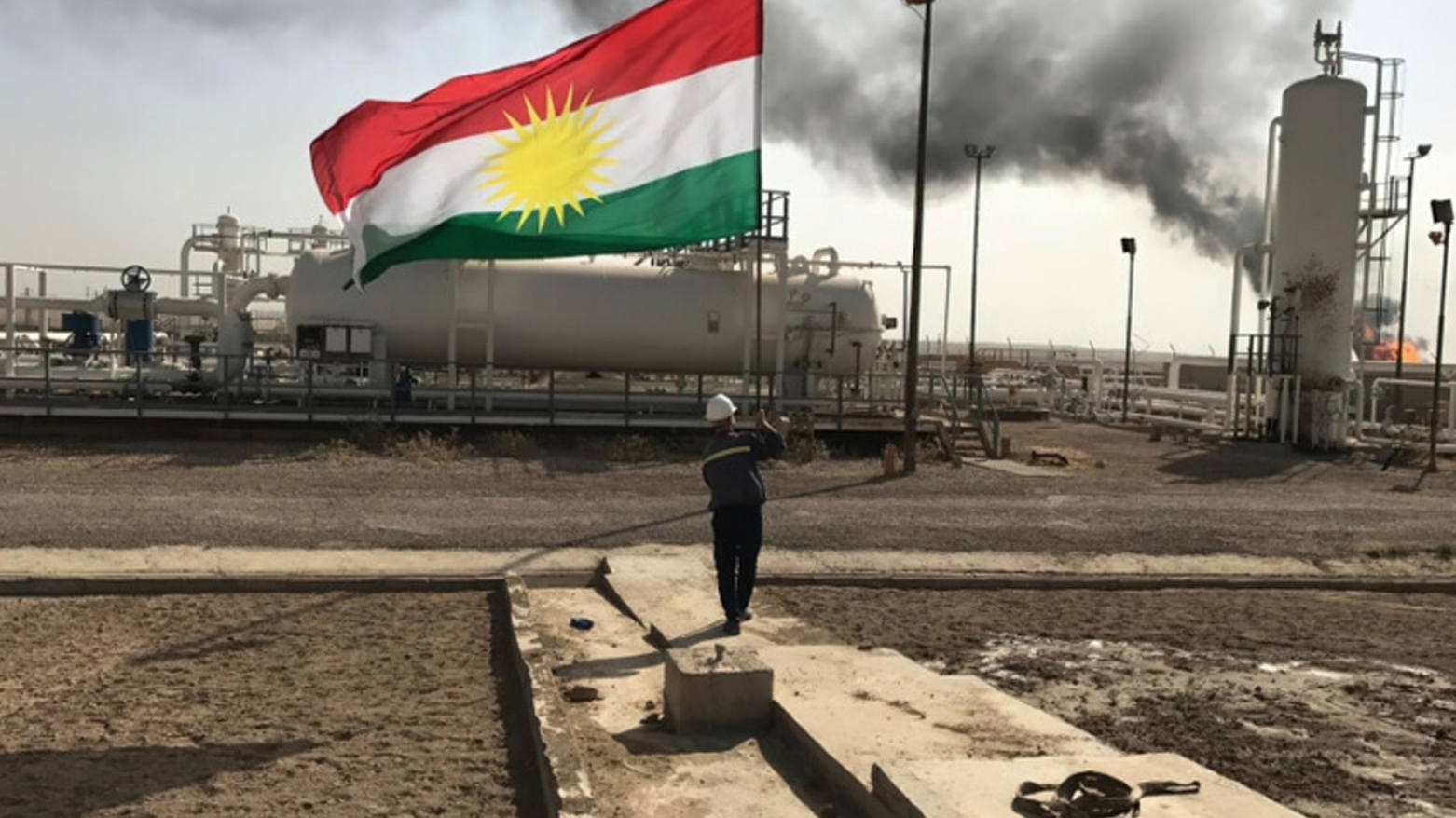Kurdistan Region's Oil Exports Set to Resume Following Breakthrough Agreement
Husain al-Chalabi, an advisor to Iraqi PM, told Kurdistan24, "Kurdistan’s oil will be exported through Turkey under SOMO's supervision, and all issues related to the oil file have been resolved."

ERBIL (Kurdistan24) – A delegation from the Iraqi Ministry of Oil, alongside representatives from the State Organization for Marketing of Oil (SOMO), is set to arrive in Erbil on Tuesday to finalize the remaining procedures for the resumption of Kurdistan Region’s oil exports.
This development marks a significant step toward resolving a prolonged dispute over oil revenues and governance between the Kurdistan Regional Government (KRG) and the federal government in Baghdad.
Husain al-Chalabi, an advisor to Iraqi Prime Minister Mohammed Shia al-Sudani, confirmed the breakthrough in discussions, telling Kurdistan24, "We have reached an appropriate solution with the Kurdistan Regional Government on the oil issue."
He clarified that "Kurdistan’s oil will be exported through Turkey under SOMO's supervision, and all issues related to the oil file have been resolved."
Resumption of Exports and Budget Amendments
Iraq’s Oil Minister Hayyan Abdul Ghani emphasized on Monday the importance of the upcoming discussions in Erbil. Speaking at a press conference, he stated, "A delegation from the Iraqi Ministry of Oil will visit Erbil to complete the procedures for resuming Kurdistan’s oil exports."
He expressed optimism that "the procedures will be completed within a week, and exports will resume as there are no remaining obstacles."
Kamal Mohammed Salih, Acting Minister of Natural Resources in the Kurdistan Regional Government, also affirmed to Kurdistan24 that the KRG is fully prepared for the resumption of oil exports. "An Iraqi Oil Ministry delegation will arrive in Erbil on Monday evening, and on Tuesday, February 18, we will meet regarding the resumption of Kurdistan’s oil exports," Salih stated.
He also highlighted the recent approval of amendments to Iraq’s budget law by President Latif Rashid, paving the way for the exports to recommence.
Salih further projected that "Kurdistan’s oil exports will likely resume by early March," while noting that coordination with Turkey remains essential. "There is also a third party involved in resuming Kurdistan’s oil exports, which is Turkey. We must reach an agreement and hold discussions with them for this purpose."
Legislative Approval and Financial Arrangements
The recent progress follows a key vote in the Iraqi Parliament on Feb. 2, 2025, where a majority of lawmakers approved an amendment to the federal general budget law, specifically Article 12, which directly addresses the resumption of the Kurdistan Region’s oil exports.
Read More:
The amendment includes several critical provisions aimed at streamlining oil revenue management and compensating the KRG for production and transportation costs.
The amendment stipulates that:
1- The Federal Ministry of Finance will compensate the Kurdistan Regional Government for sovereign expenses, including production and transportation costs. These costs will be determined separately for each oil field by an international technical consulting agency agreed upon by both the Iraqi Ministry of Oil and the KRG’s Ministry of Natural Resources. If disagreements arise, the federal Council of Ministers will designate the consulting body.
2- The estimated production and transportation costs will be submitted to the federal Ministries of Oil and Finance, as well as the KRG, for approval. Compensation for past oil deliveries will be calculated based on the previous cost per barrel multiplied by the number of barrels received.
3- Oil produced in the Kurdistan Region will be delivered immediately to SOMO or the federal Ministry of Oil, with the Federal Ministry of Finance providing an advance payment of $16 per barrel for production and transportation costs. This advance will be settled once the technical consultancy report is finalized.
Background and Significance
The resumption of Kurdistan’s oil exports comes after nearly a year of stalled shipments due to disputes over revenue-sharing mechanisms between Baghdad and Erbil. The suspension of exports significantly impacted the Kurdistan Region’s economy, which heavily relies on oil revenues. The prolonged negotiations have revolved around control over oil marketing, financial entitlements, and legal frameworks governing the sector.
The breakthrough agreement signals a potential shift in relations between the federal government and the KRG, fostering greater economic stability and cooperation. While challenges remain, particularly regarding technical and logistical coordination with Turkey, the latest developments indicate a clear path toward restoring Kurdistan's oil exports and reinforcing the region’s role in Iraq’s energy sector.
The coming days will be crucial as both sides work to implement the agreements reached and ensure that Kurdistan’s oil flows once again to international markets, reinforcing Iraq’s position as a key player in global oil supply.
